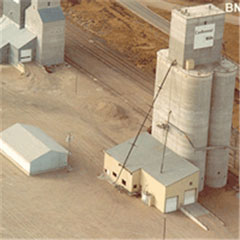When Exporting U.S. Seed

Authorized Certification Officials (ACOs) are public officers who are authorized by the National Plant Protection Organization (NPPO) to issue phytosanitary certificates when one is not required by the first country of importation.
An exporter can elect to have "Additional Official Phytosanitary Information" included in the Additional Declaration (AD) section on the phytosanitary certificate to help facilitate re-exports. This information must be separated from ADs required by the country of first import, if applicable.
The exporter is responsible for identifying any "Additional Official Phytosanitary Information" beyond the country of first importation. This information must be supported by lab inspection reports and/or field inspection reports.
This is currently based on bilateral agreements and should only be applied to certificates issued for seed destined to European Union countries.
When Re-exporting Seed
All phytosanitary information on the original phytosanitary certificate should be considered official. This information can subsequently be used by an ACO to issue a Phytosanitary Certificate for Re-export to any country if all the phytosanitary import requirements of the next importing country can be met. The original certificate or a certified true copy must accompany the re-export certificate.
If the original phytosanitary certificate does not cover all the requirements of the importing country, and the remaining requirements can be fulfilled by visual inspections or laboratory testing, the ACO may still issue a PPQ Form 579.
If all requirements cannot be met by a combination of the original phytosanitary certificate and activities conducted in the U.S. then no certification can be done.

